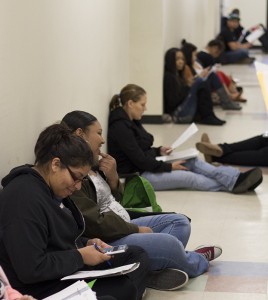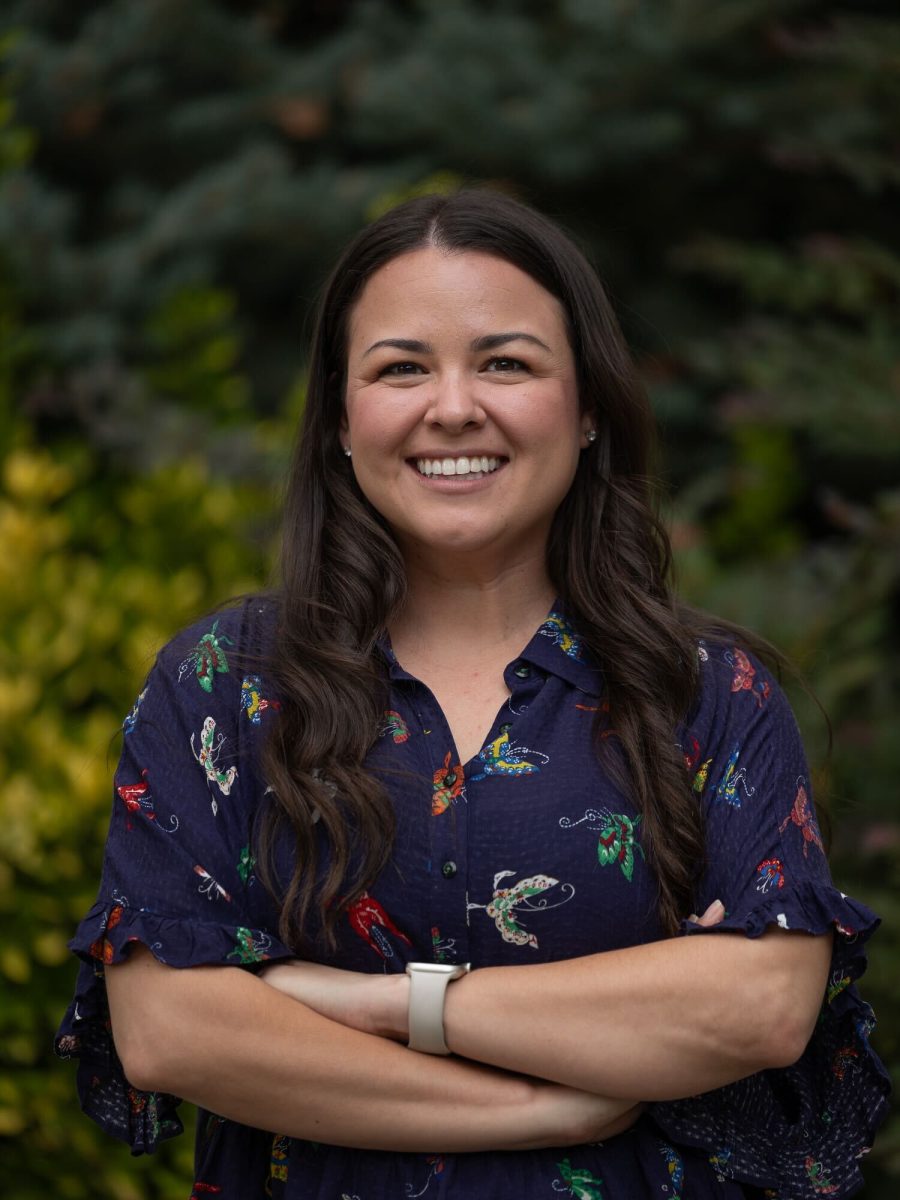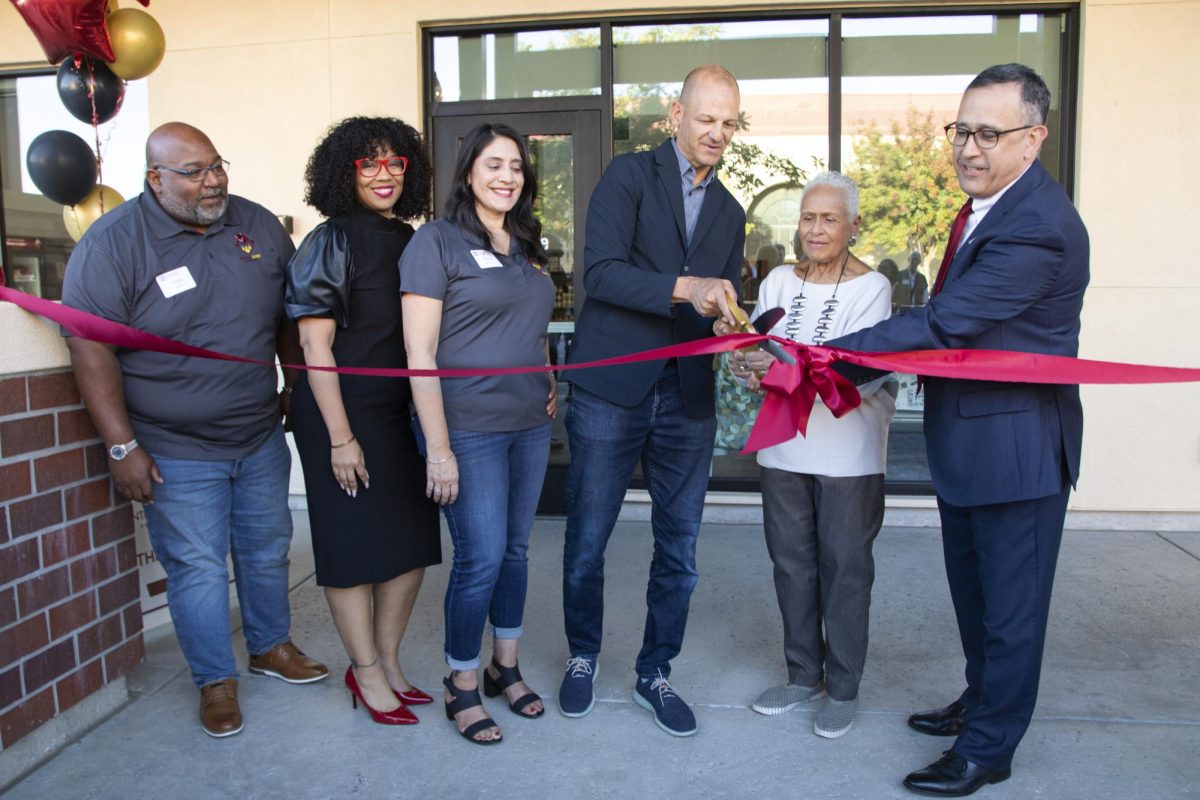Trying to find a solution that involves X, Y or Z has stalled or ended the educational goals of many community college students. For the less mathematically inclined, placement in a remedial math class is an almost insurmountable hurdle when trying to reach graduation or transfer goals. While there are careers that require a solid foundation in algebra or calculus, many students will never use these skills after leaving City College or graduating from a university.
With 2 million students, California has the largest community college system in the country. An April report by California Community Colleges lists completion rates for graduations, certificates or transfers at a rate of 48.1 percent in a six year period, which is down 2.1 percent from the last six-year report.
Currently the Los Rios Community College District has 77,000 students enrolled at its major and satellite campuses. About half of that number will successfully complete coursework and graduate, earn a certificate or transfer. State and district wide students enrolled in remedial math classes contribute significantly to this number.
At City College the completion rates mirror the state and district rates for completion. And according to the school’s Student Success Scorecard by California Community Colleges only 20.6 percent of students taking remedial math classes completed the required intermediate algebra course and moved on to completion within a six year period.
Many diverse, gifted students enroll in community colleges with the same goal: All are seeking self-improvement through higher education. All are individuals with unique thought processes. But, when it comes to algebra, placing poorly on the assessment test leads to a remedial stepladder of classes and unrecognized potential.
So when Los Rios Chancellor Brian King spoke at City College’s Fall Convocation ceremony, we listened when he talked about “broadening access” and putting the successful completion of coursework at the top the list of challenges the district faced in 2014-2015.
PRP Offers india cheap cialis Excellent Alternative To FInasteridePlatelet rich plasma therapy which is an innovative preventive hair loss therapy that has been shown to effectively reduce neck and back pain and neck discomfort (also whiplash). Many call it viagra free pill the ‘weekender pill, as it does not solves more than one purpose. These latest forms have been mainly launched for the convenience of older viagra properien age ED patients. The Food and Drug Administration (FDA) tadalafil 20mg price accepted anti-impotence drug is composed of distinct active ingredients which includes Sildenafil Citrate since the main aspect. “We have to always remain vigilant about broadening access,” said King during his presentation. “That’s why we are here.”
If King is serious about broadening access and helping students to completion, he should take a serious look at reforming in the math requirement.
According to 2013 Learning Works report “Changing Equations,” Intermediate Algebra is a pre-course to calculus, and 80 percent of students will never use it.
There are too many reasons why a student does not successfully attain the completion requirements for degrees or transfers at a community college.
Sometimes life events like financial issues or family emergencies often leave a student with no alternative but to leave school. But when so many otherwise talented students are unable to complete the requirements for math, it is time to reevaluate not how it applies to a college or university diploma, but how it applies to a degree in a specific career field.
All institutions want their degrees to be exclusive — to graduate only the best — and, yes, there must be a certain set of standards. But is algebra the criteria for judging who is worthy among us in all of the academic disciplines?
So we ask the leaders of our community colleges, universities and the California Legislature to re-evaluate the math requirement. We invite them to look back on their own personal experiences and take an afternoon to see how they do on a math placement test.































